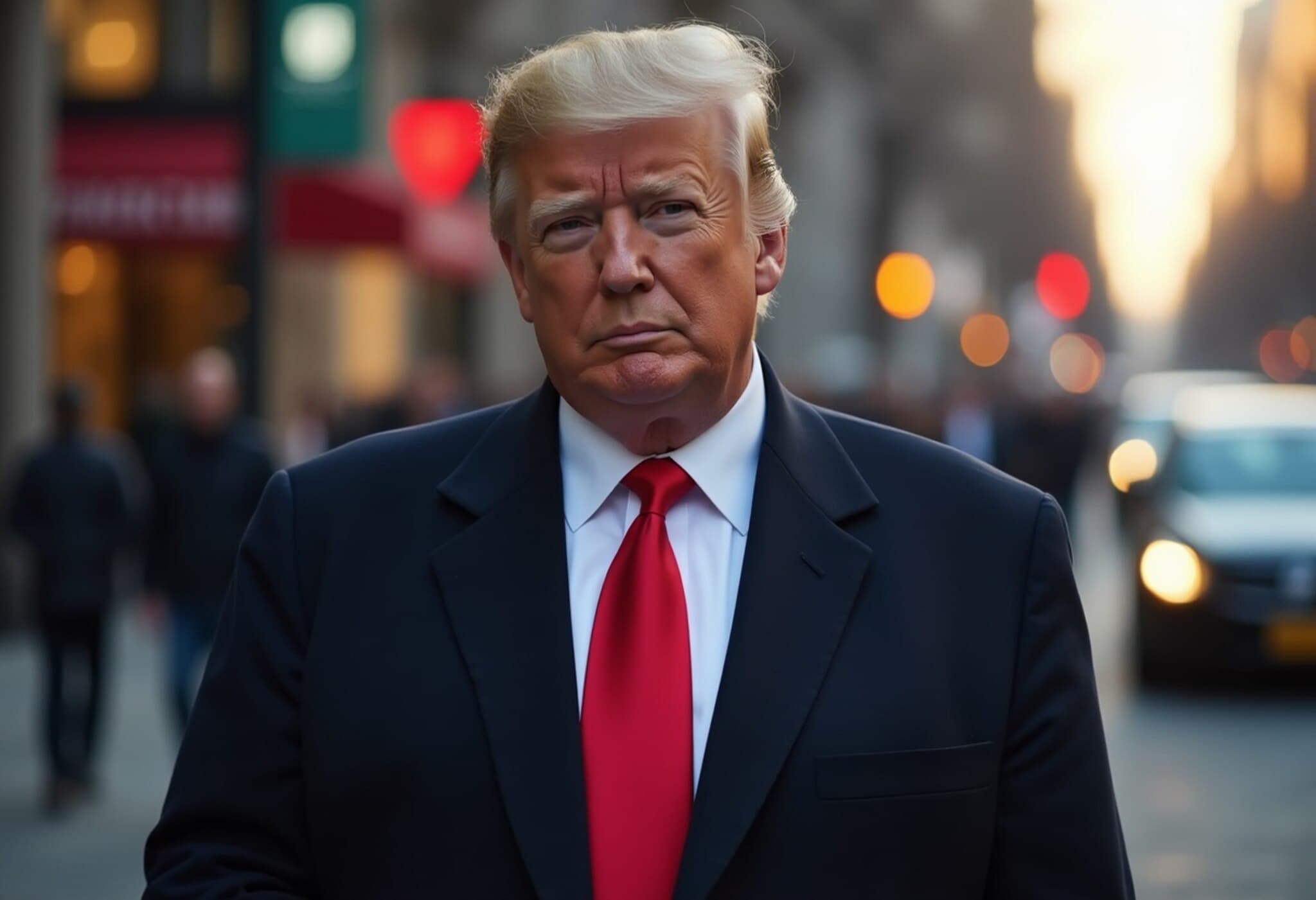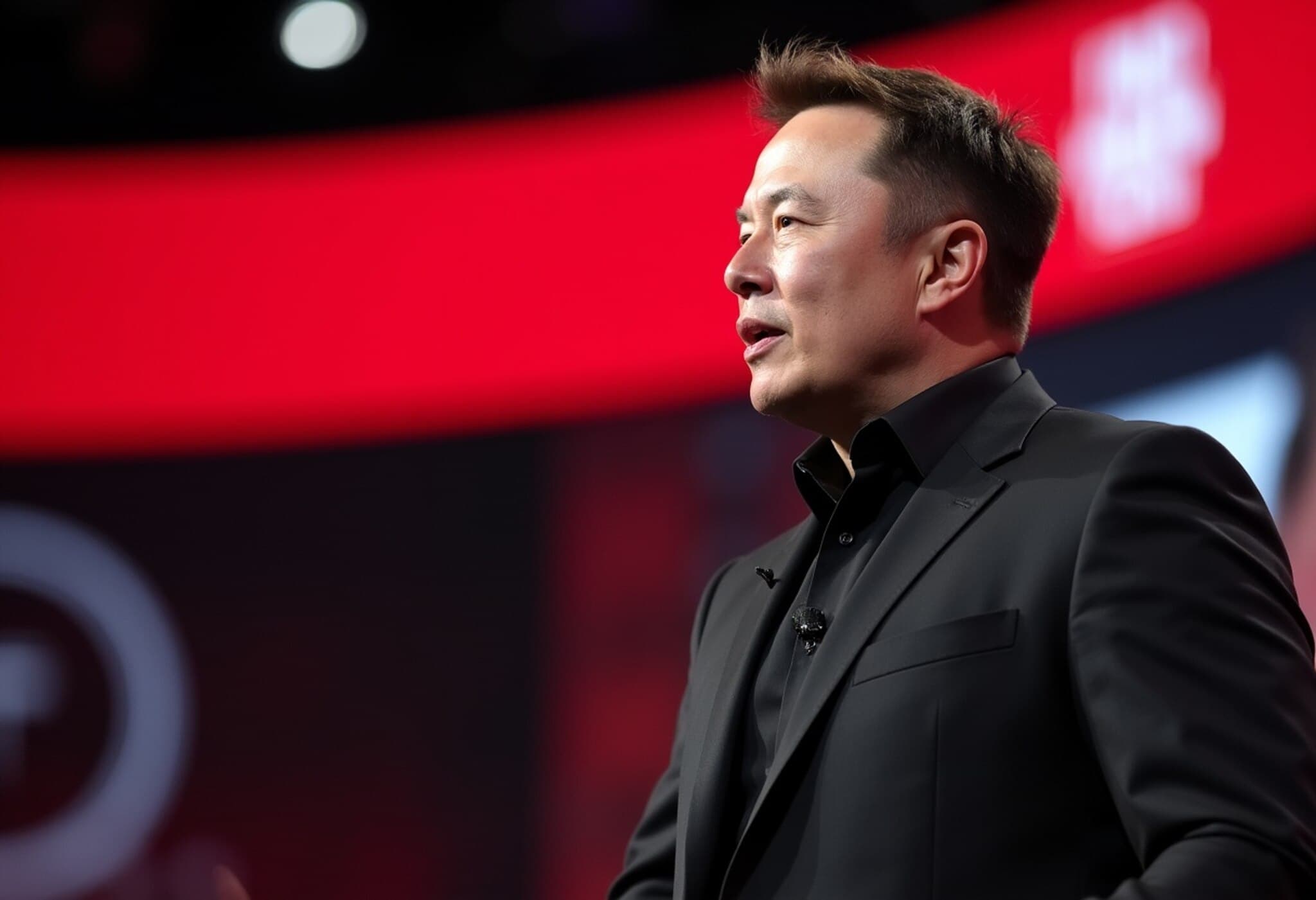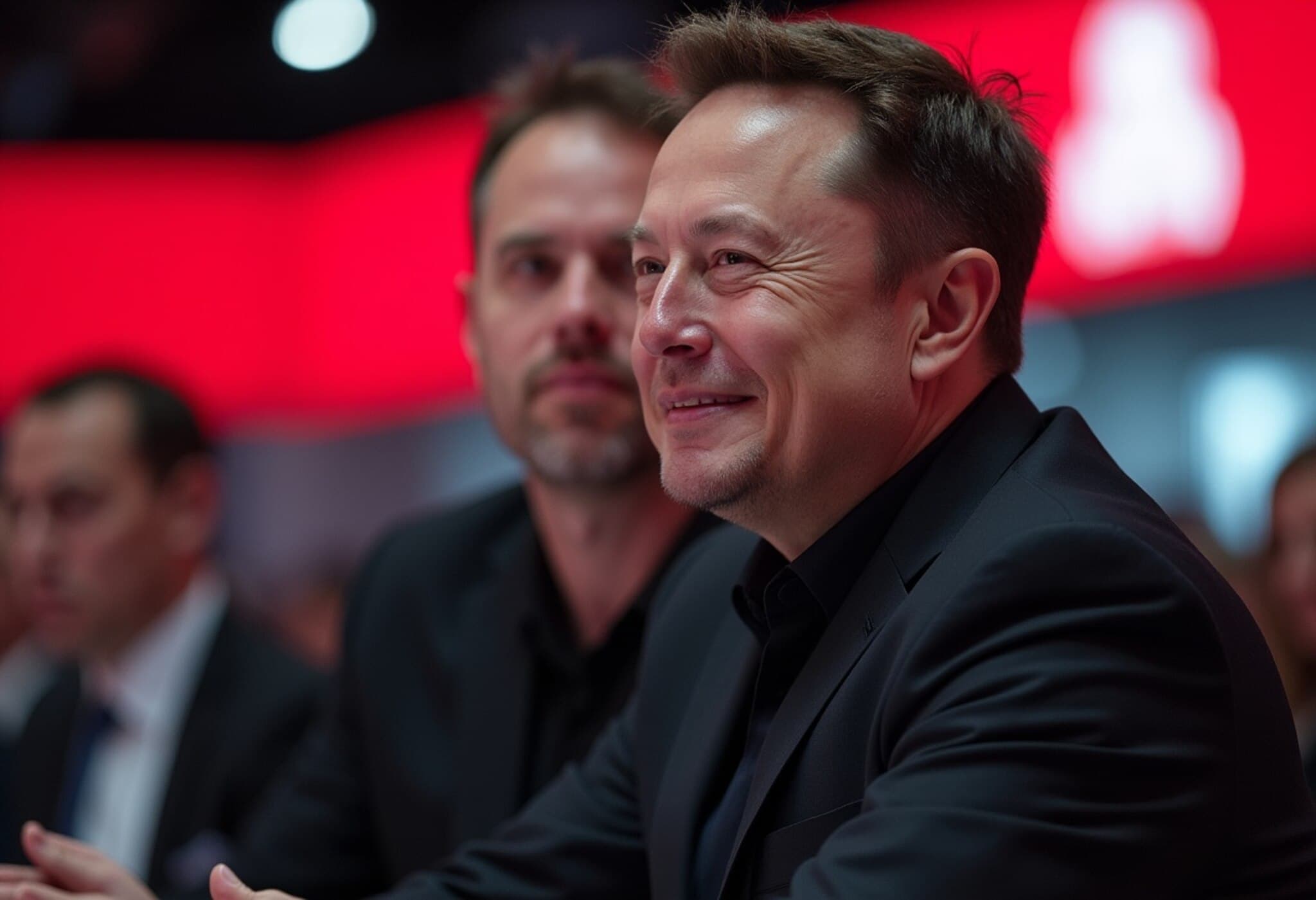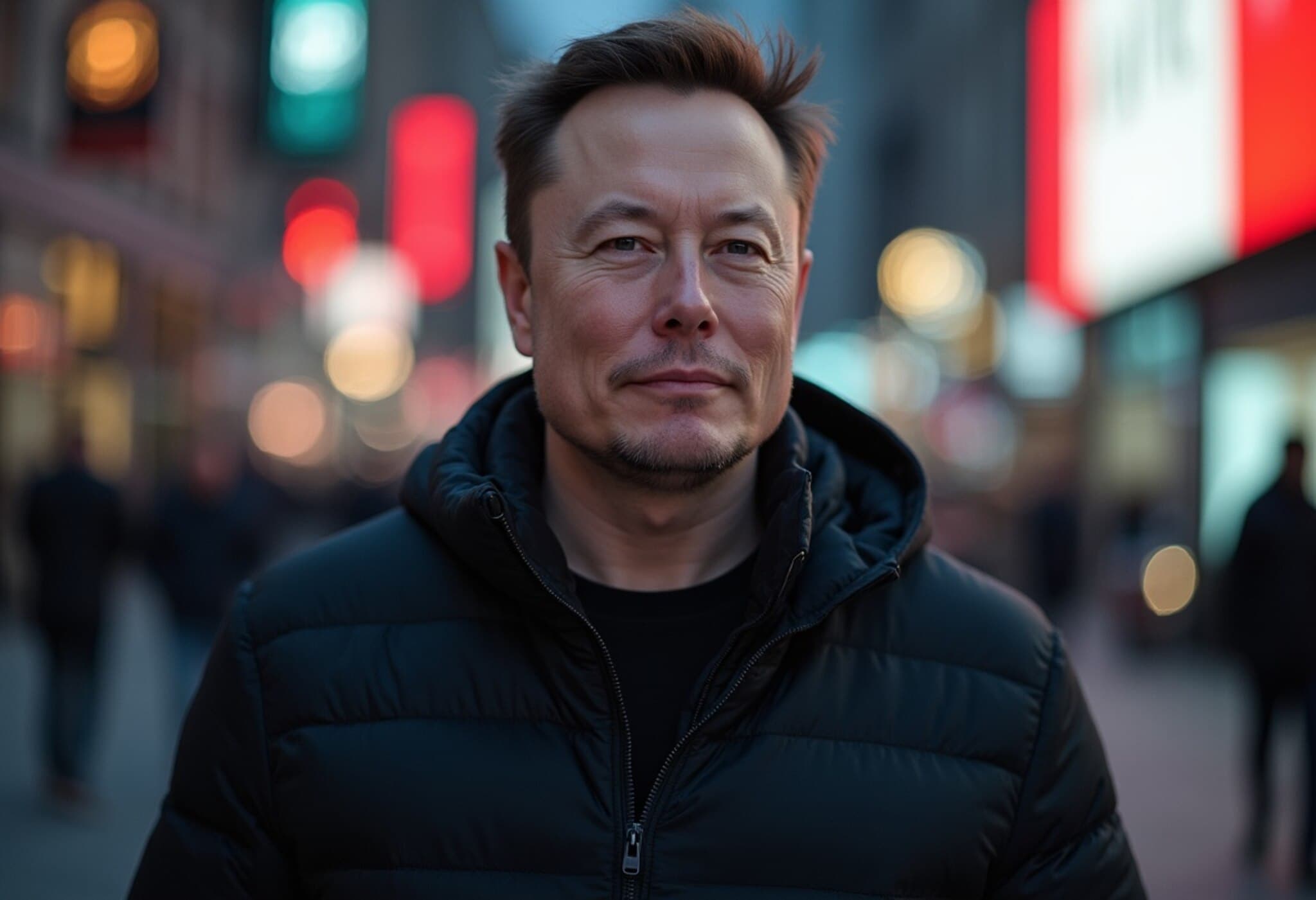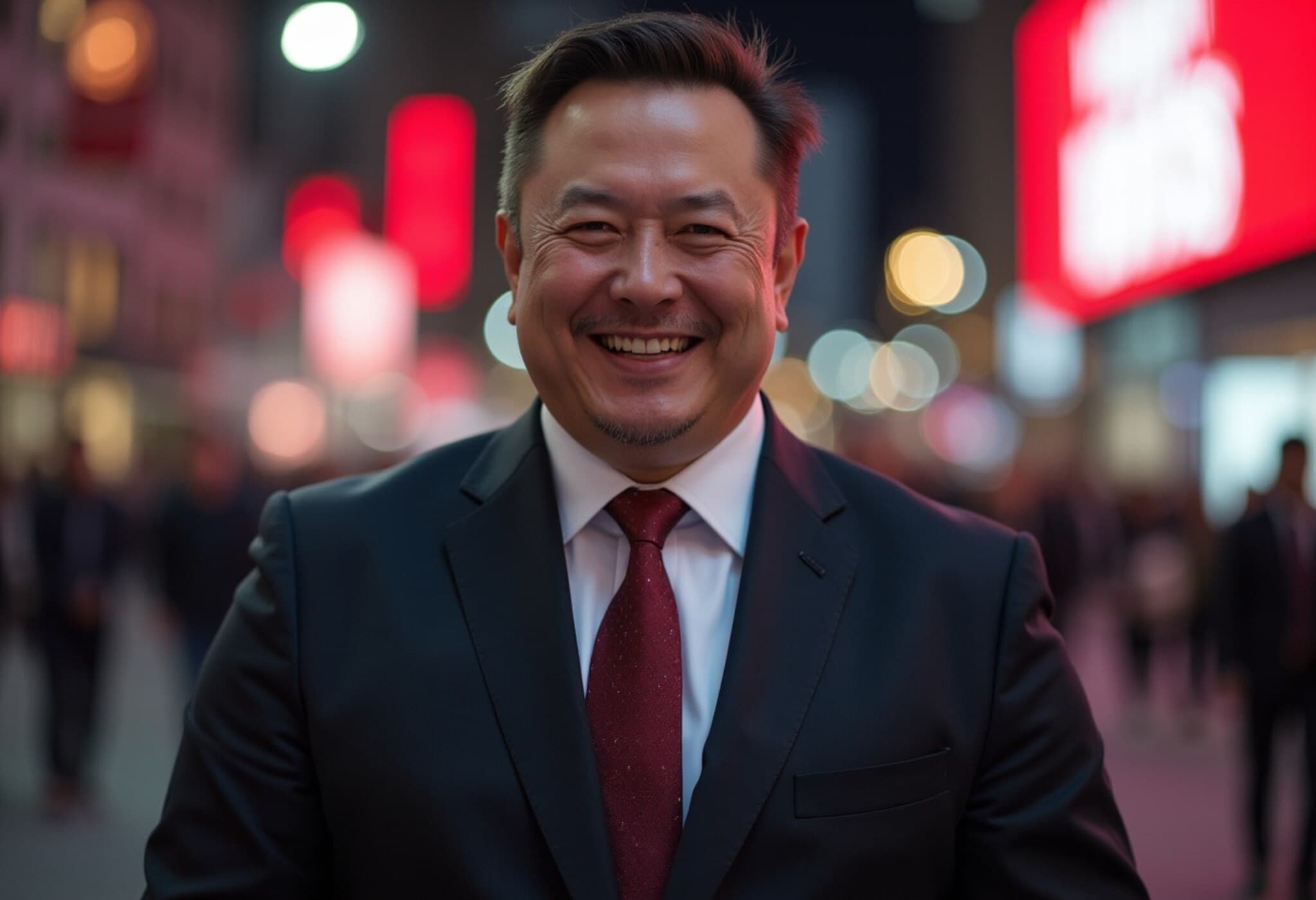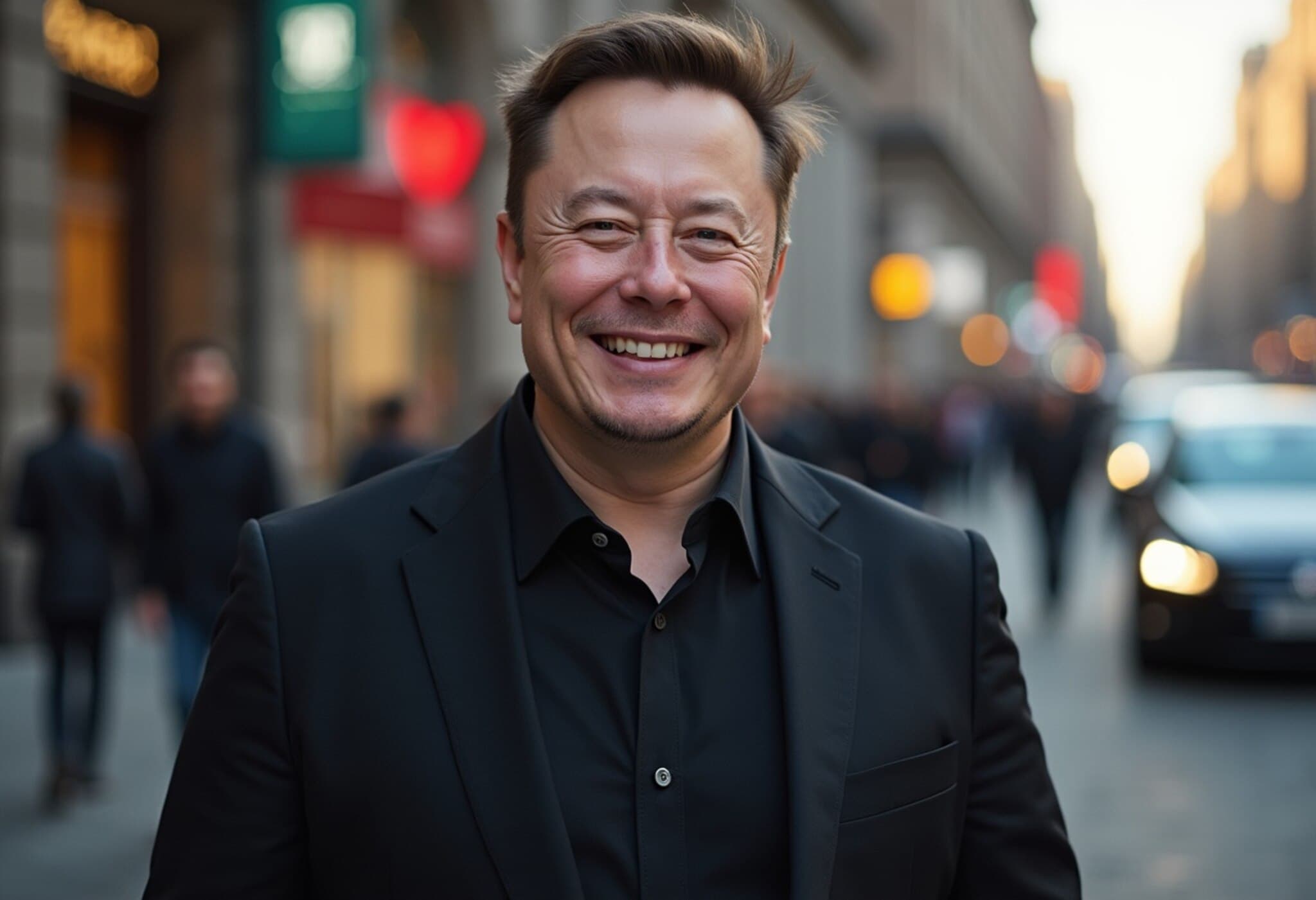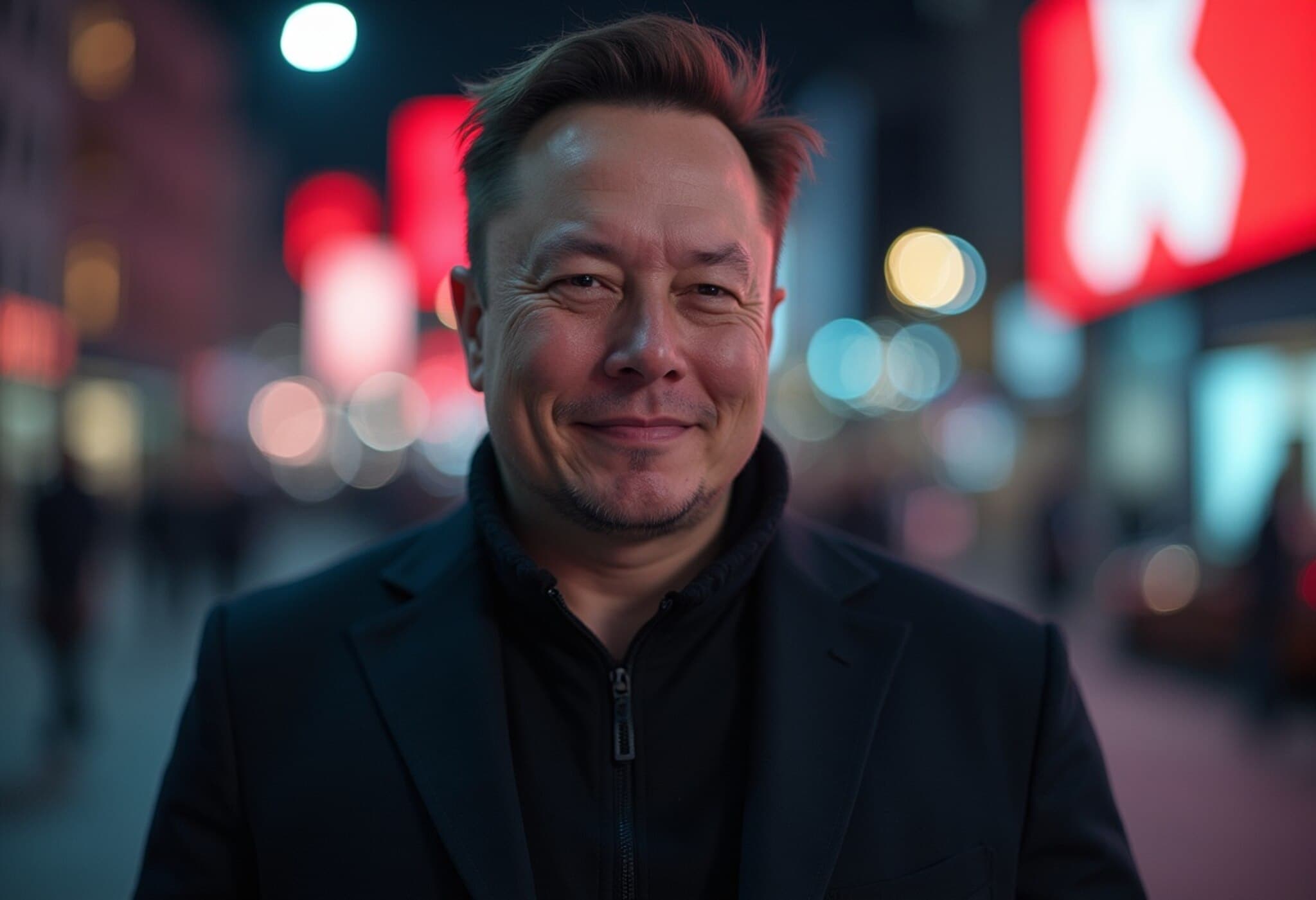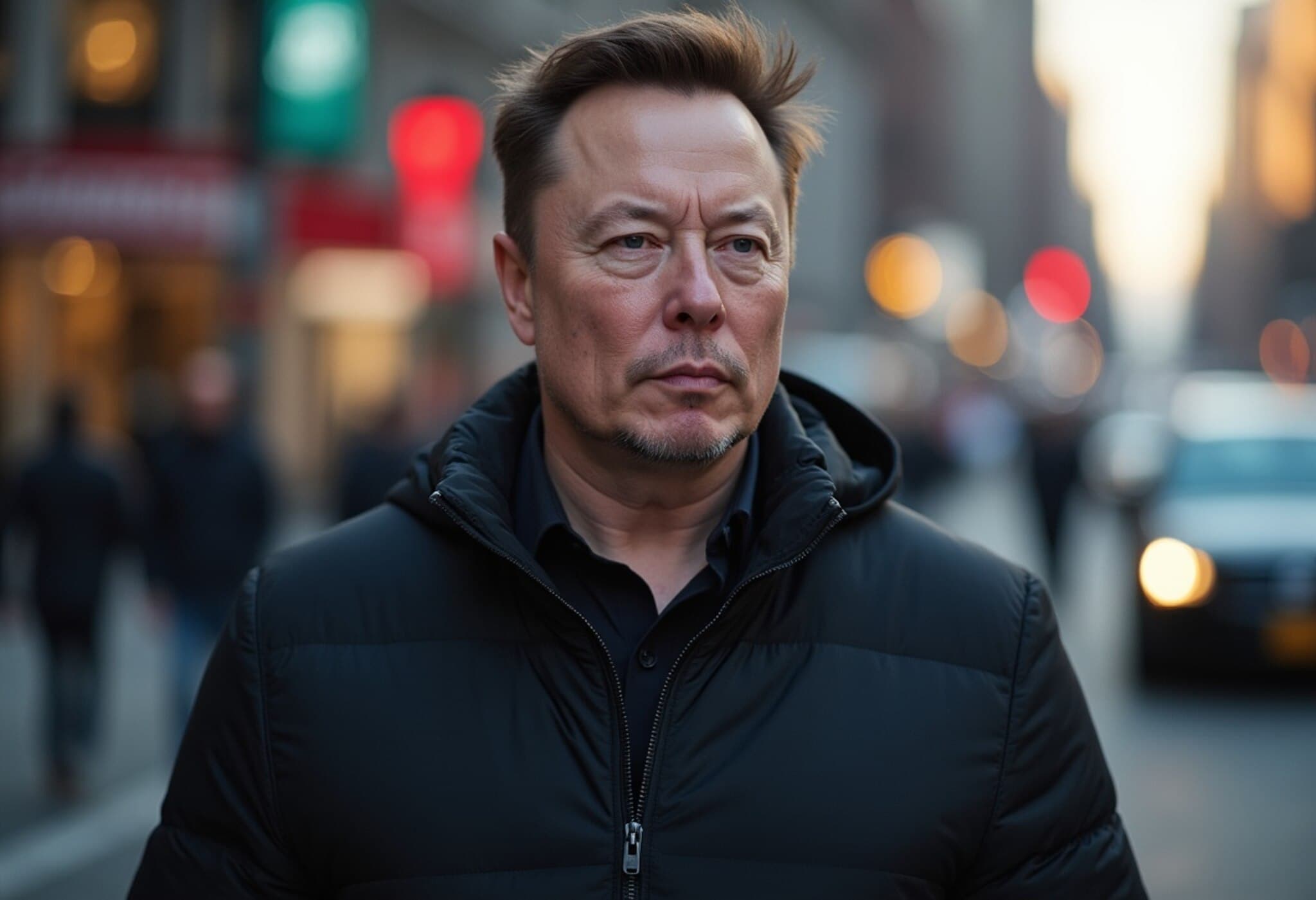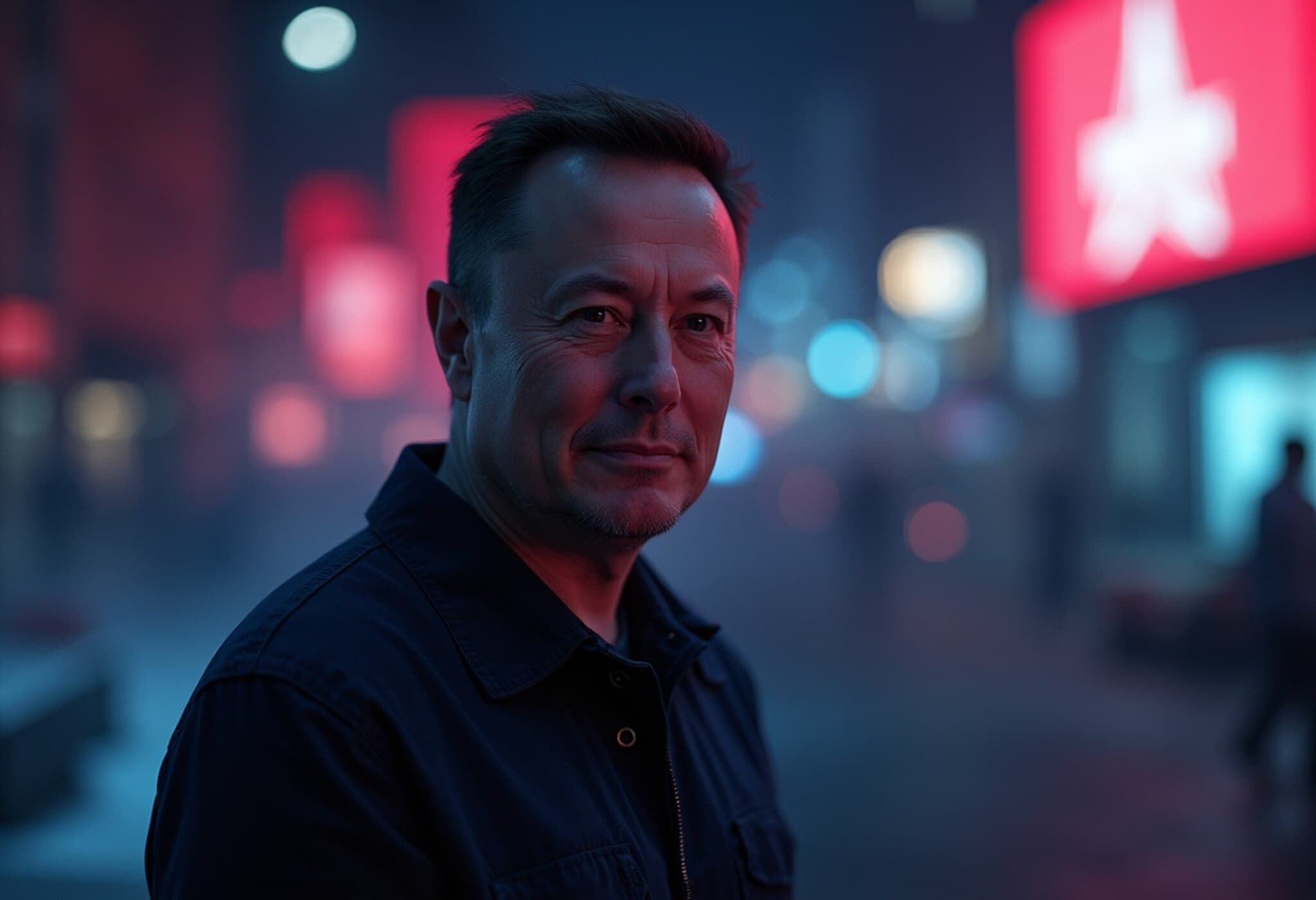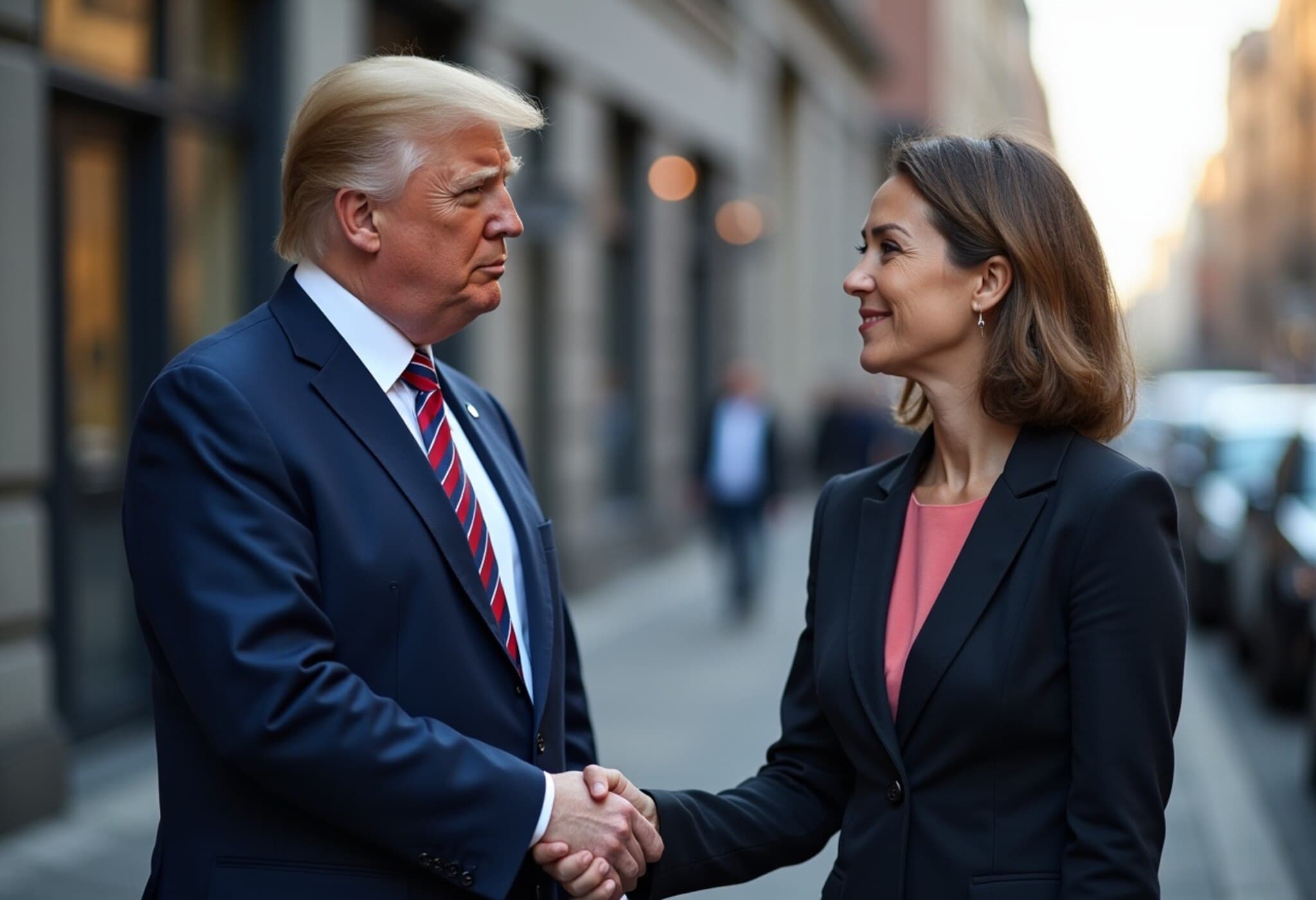Tesla Confers $29 Billion in Shares to Elon Musk Amidst Compensation Legal Battle
In a remarkable move that underscores Tesla's continued commitment to its visionary leader, the company’s board has granted CEO Elon Musk an interim pay package worth approximately $29 billion. This award, consisting of 96 million shares, was revealed in a financial filing on August 4, 2025, and marks a pivotal development amid an ongoing legal struggle surrounding Musk’s previous 2018 compensation package.
Details of the Interim Share Award
The newly approved package contains shares set to vest over two years, contingent on Musk maintaining his role as CEO or holding another key executive position within Tesla. However, the award comes with a caveat: Musk would have to forfeit this interim package if the Delaware Supreme Court rules in his favor regarding the earlier $56 billion 2018 CEO pay package, which remains mired in legal contention.
Following the announcement, Tesla's stock responded positively, climbing more than 2% as investors digested the news.
Understanding the Legal Backdrop
The origins of these complex developments trace back to a January 2024 Delaware Chancery Court ruling by Chancellor Kathaleen McCormick. She upheld an earlier decision invalidating Musk’s 2018 compensation plan, citing Tesla’s board for failing to disclose vital information to shareholders before approval. This unprecedented legal judgment challenged the governance standards of one of the world’s most valuable automakers.
In response, Musk launched what has been dubbed an “anti-Delaware” campaign, relocating Tesla’s corporate registration from Delaware to Texas, signaling his dissatisfaction with the state’s judiciary. The case now awaits judgment from the Delaware Supreme Court, which adds to the uncertainty surrounding the status of Musk’s 2018 payout.
Musk’s Influence and Strategic Moves
Retaining roughly 13% ownership of Tesla, Musk’s influence permeates not just through shares but also public perception and company direction. His clout is regularly debated among investors and industry watchers due to his multifaceted roles and ventures.
Earlier this year, Musk hinted at broadening his technological footprint by potentially steering AI and robotics projects outside Tesla unless granted increased voting control — specifically around 25%, which would better align ownership with his ambitions. Public records reveal Musk established xAI in March 2023, a startup working on AI technologies, including Tesla’s own Grok chatbot integration in electric vehicles, signaling a strategic overlap yet distinct operational pathway.
Governance and Business Context
The interim pay package was approved by a Tesla board "special committee," featuring Chair Robyn Denholm and Director Kathleen Wilson-Thompson. Curiously, it does not restrict Musk from pursuing new business ventures or his ongoing political activities, which have stirred both support and criticism within Tesla’s customer base.
Musk’s engagement in political affairs — including advising former President Donald Trump’s administration and spearheading the DOGE initiative — has sparked backlash, reportedly impacting Tesla’s brand reputation and sales performance in crucial markets like the U.S. and Europe.
Financial Pressures and Market Outlook
Adding to Tesla's challenges, the company recently reported a second consecutive quarter with declining sales and a 16% drop in automotive revenue. Musk candidly acknowledged the potential for turbulent quarters ahead, particularly as government EV tax credits phase out.
"We probably could have a few rough quarters. I am not saying that we will, but we could," Musk shared during a call with analysts.
Tesla's next shareholder meeting, scheduled for November, will likely become a focal point for shareholders eager to hear updates on both company strategy and executive compensation developments.
Implications for Investors and Industry Observers
- Governance Spotlight: The legal dispute highlights critical questions about board transparency and shareholder rights, themes that resonate broadly in corporate America.
- Leadership Stability: Musk’s ability to maintain executive control remains essential for Tesla’s innovation trajectory, yet balancing diverse business interests poses inherent risks.
- Market Sensitivity: Investor sentiment reflects an intricate dance between confidence in Musk’s vision and caution amid regulatory and reputational challenges.
Editor’s Note
Elon Musk’s leadership of Tesla encapsulates both the exhilaration and controversy of pioneering innovation at scale. This interim pay award, weighed against a backdrop of legal battles and shifting market dynamics, invites reflection on accountability and vision in modern corporate governance. As Tesla hurtles toward a future defined by AI and electrification, questions linger: How will Musk’s multifaceted enterprises reshape the company's identity? And what are the implications for shareholder democracy in an era where charismatic leadership and legal frameworks collide?



